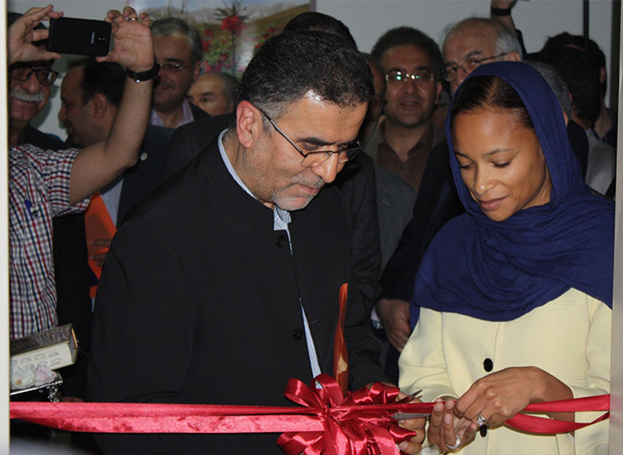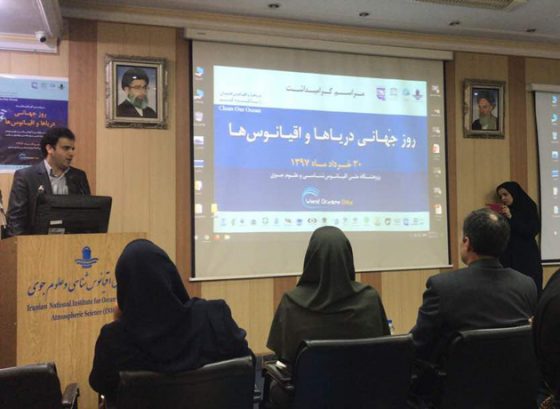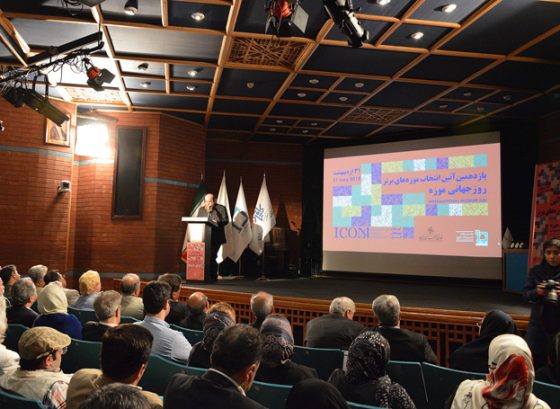Allame Tabatabai University Inaugurates UNESCO Chair for Communication of Science and Technology

Allame Tabatab’i University of Tehran inaugurated its first UNESCO Chair for Communication of Science and Technology. There are currently 16 UNESCO Chairs across different universities in Iran, AVA Diplomatic reports.
The inauguration ceremony of the Chair was attended by Dr. Mansour Gholami, Minister of Science, Research and Technology; Dr. Hojatollah Ayoubi, Secretary-General of the Iranian National Commission for UNESCO; Dr. Ahmad Jalali, Iranian Ambassador to UNESCO in Paris, and many prominent academics.
Ms. Esther Kuisch-Laroche, Director and Representative UNESCO Tehran Cluster Office expressed her congratulations to the Chair, and said: “This is an extremely important field, as the role of communication in today’s society is very vital and cannot be underestimated.” She added: “Indeed, effective communication is even more important when we want to convey complex concepts and ideas regarding scientific information and technological subjects to the public. Too many scientists have difficulty in talking about their work in a way that ordinary people can understand. We therefore need researchers with good communication skills, who can provide a link between science, technology and the public.”
In 1992, UNESCO Chairs and the University Twinning and Networking (UNITWIN) Programme, was conceived as a way to advance research, training and programme development in all of UNESCO’s fields of competence – in education, the natural and social sciences, culture, and communication and information – by building university networks and encouraging inter-university cooperation through the transfer of knowledge across borders. Since its establishment, the programme has aroused great interest among UNESCO Member States, including the Islamic Republic of Iran.
Through the network, higher education and research institutions all over the globe can cooperate in research and generate new ideas to address pressing challenges and contribute to the development of their societies, while respecting cultural diversity. In many instances, the Chairs and Networks serve as think tanks and as bridge builders between academia, civil society, local communities, research and policy-making.
Today, 735 UNESCO Chairs and 45 UNITWIN Networks are established within the Programme, involving over 850 institutions in 134 countries.




